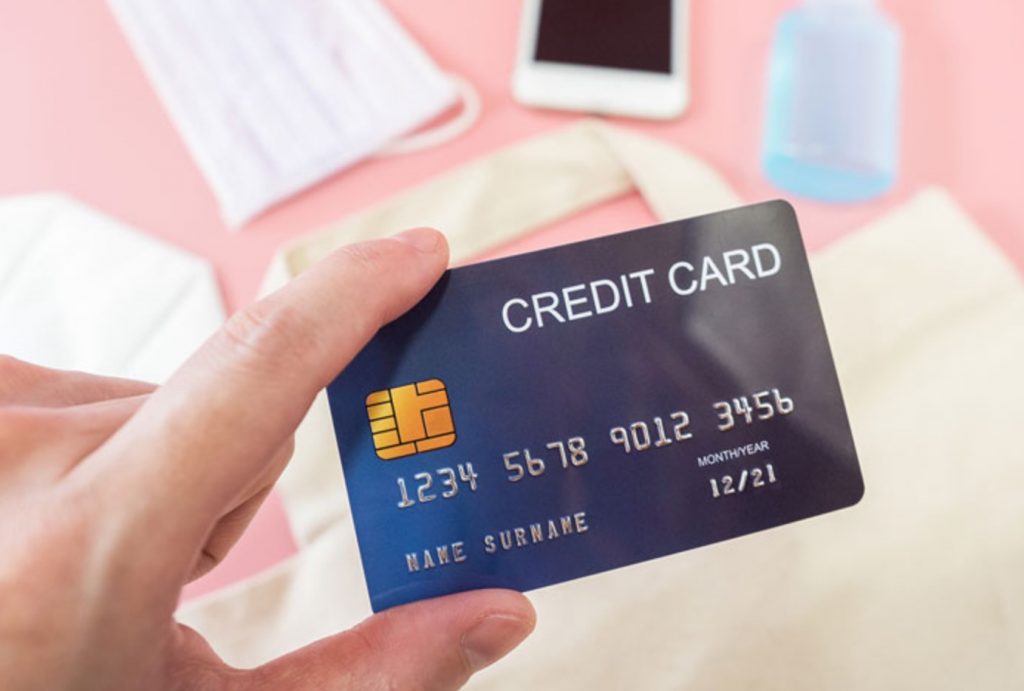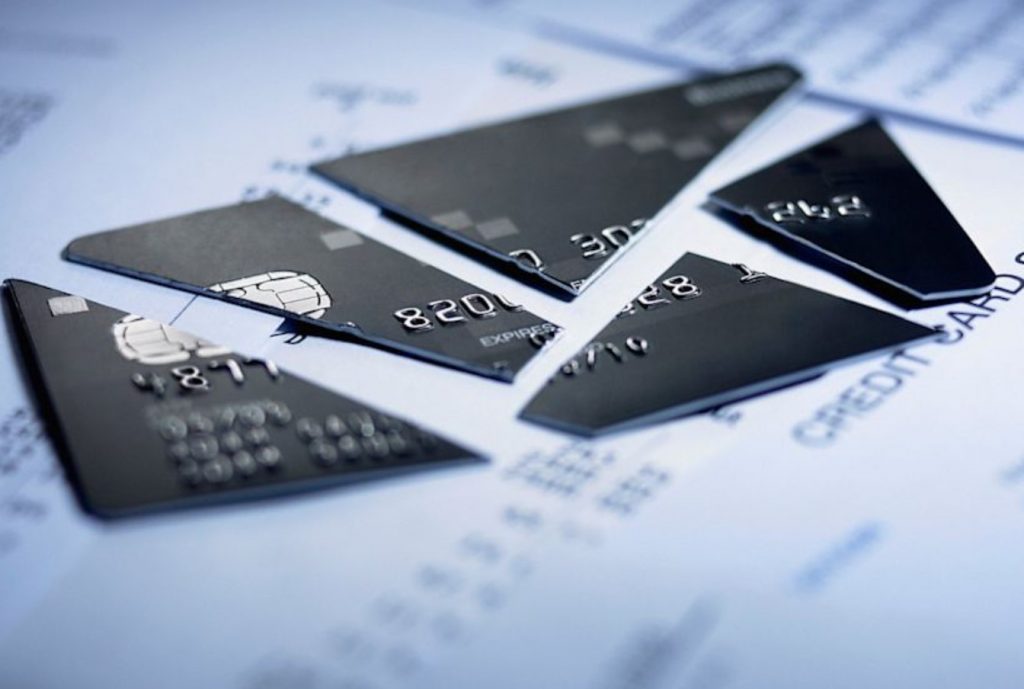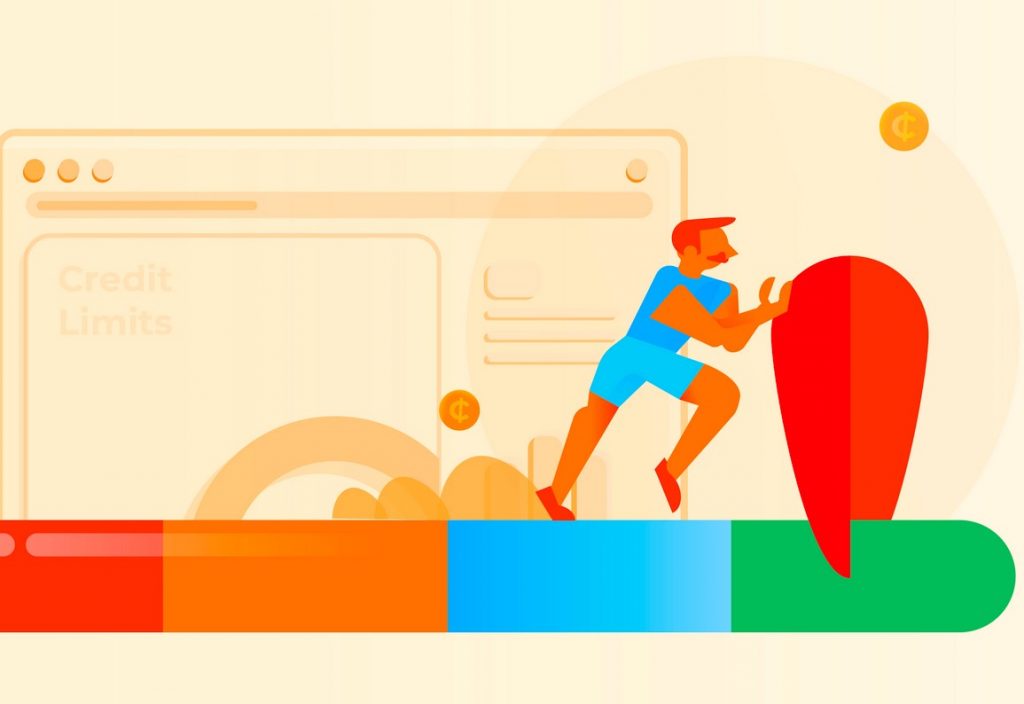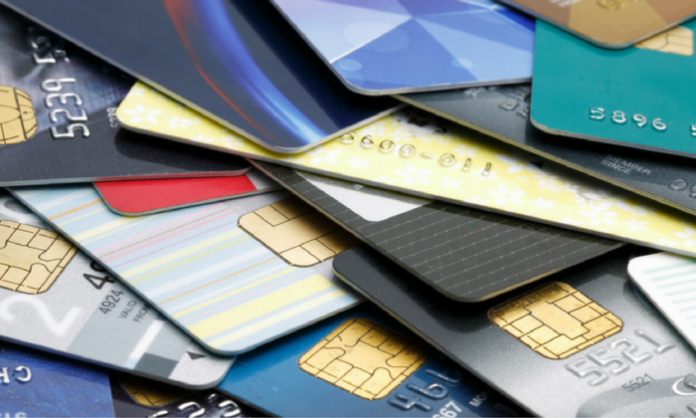For several decades, credit cards have come as a great financial tool in American society. It can help you build credit, pay for expenses, and earn you rewards. However, not everyone knows how to manage them. Not managing your credit cards correctly can damage your credit score and cost you lots of money.
To help you avoid that, we have highlighted the ten most common credit card mistakes you should avoid this year.
Common Credit Card Mistakes to Avoid

#1: Choosing a credit card that doesn’t fit your lifestyle
Credit cards are not created the same; they serve different financial purposes. So when choosing which credit card is right for you, you need to first do your research and find one that best fits your spending lifestyle. For instance, you might need to go for student cards or secured credit cards if you are getting your first card.
If you want to enjoy cashback rewards, there are many cashback cards suitable for any spending lifestyle. While there are some travel cards that charge high annual fees with lots of impressive luxury perks, some are more affordable, created more for casual travelers.
So before you choose any credit card, understand why you are getting it, and opt for one that best matches your lifestyle. If you are not sure how to go about this, you can use MyFin.us to compare a range of credit cards and help you determine which is best for you.

#2: Applying for too many credit cards at once
While credit cards can be an amazing tool to build your credit score, rushing to get too many at once can be the worst decision ever. Each card application brings about a serious inquiry, which can make you lose a few points in your credit score. One serious inquiry may not do much damage to your credit score, but multiple inquiries will sure knock off significant points from your score.
So, it is best to be strategic with your credit card applications. Try to space them out over time, so it won’t be perceived as if you are presently experiencing financial distress, which is why you are applying for multiple cards at the same time.

#3: Paying late
Late payment is one thing you would want to avoid at all costs with credit cards. Plus, it takes some years before it goes away on your credit report. The more late payments you have, and the longer the delinquency, the more points will be knocked off your credit score.
That means, if there is any mistake you would like to avoid, it should be having late payments. If you are the type that is likely going to forget the due dates, we recommend you set reminders or automatic payments to take care of it.

#4: Making only minimum payments
Paying only the minimum amount due is one mistake you should avoid too. It can make your debt add up over time and makes it super difficult for you to clear. This is particularly true if you are running balances in thousands of dollars. At the same time, you will be paying a painful amount of interest, except you are still at the introductory period of your 0% APR credit card.

#5: Maxing out your credit limits
This is not a good practice for you. It becomes more difficult to pay off the balance when you are being charged high. Maxing your credit card will make it difficult to address expenses you didn’t plan for. It will also increase your credit utilization ratio as well. High credit utilization means more credit debt, and that could damage your credit score.

#6: Not knowing your credit card terms
Before you apply for any credit card, you should ensure you read and understand its terms. That will prevent you from incurring any unnecessary fees. Knowing what the terms are will help you understand what the introductory rates are. You will know the balance transfer fees and other charges you should be expecting on your card in certain cases. One of the questions asked when it is word about credit cards, is if the business cards are legal for personal use. If you are one of the persons who is interested to know the answer to this question, you can visit Daily Prosper and find more about it.
For instance, having a 0% APR card doesn’t mean you will never pay interest on it. The no-interest rate has an expiry duration, and you should know when it will expire.

#7: Using a credit card for withdrawing money
When you use your credit card to withdraw cash, an advance withdrawal fee is charged on the amount you withdraw. That could run up to 3-5% of the amount withdrawn. The fee is charged right from the day you make the withdrawal until the date of repayment. Depending on your card, the finance charges on credit can be as high as 49.36%.
If you don’t want to make a hole in your pocket, you should avoid using your credit card to withdraw cash.

#8: Not knowing your APR and applicable fees
This is another reason you should read and understand your credit card terms before taking it. It may not be a pleasant thing to do, but you need to spare some time to read all the jargon on your cardmember agreement. Here are some key terms to look out for:
- Annual fee: this is a fee charged for holding a card, and it is charged once a year
- Purchase APR: the annual percentage rate is the interest charged on your card on regular purchases made with the credit card. The annual interest rate is divided by 12 to get the monthly interest rate.
- Balance APR: this is the interest rate that applies to balance transfers. It is calculated just like purchase APR.
- Penalty APR: this the interest incur on your card when you pay your balance late. The penalty APR is often added to your regular APR.
- Balance transfer fee: This is a 3% to 5% fee you incur when you transfer debt
- Late payment fee: this is the $29 fee you pay whenever you make a late payment for the first time. But during subsequent violations, you pay up to $40.

#9: Not understanding introductory 0% APR
Many credit cards come with this offer; 0% APR. That means anyone that gets this card will not be charged interests on new purchase, balance transfers, or both. 0% APR cards provide a great avenue to pay for expenses over time without the fear of incurring interest charges.
However, 0% APR is not forever; it is for a set duration of time. So if you are getting this type of card, you should review the fine print to know the exact time the offer ends.

#10: Canceling a credit card
It is easy to want to consider cancelling your credit cards and get rid of them because they are probably too much in your hand. However, before you do that, you should know that step could hurt your overall credit score. There are many things you can do with unwanted credit cards than cancel them.
Cancelling a credit card can increase your credit utilization ratio, reduce your overall credit limit, and hence affect your credit. So instead of cancelling, consider requesting a product change from the card issuer to get a product that better matches your financial needs.









